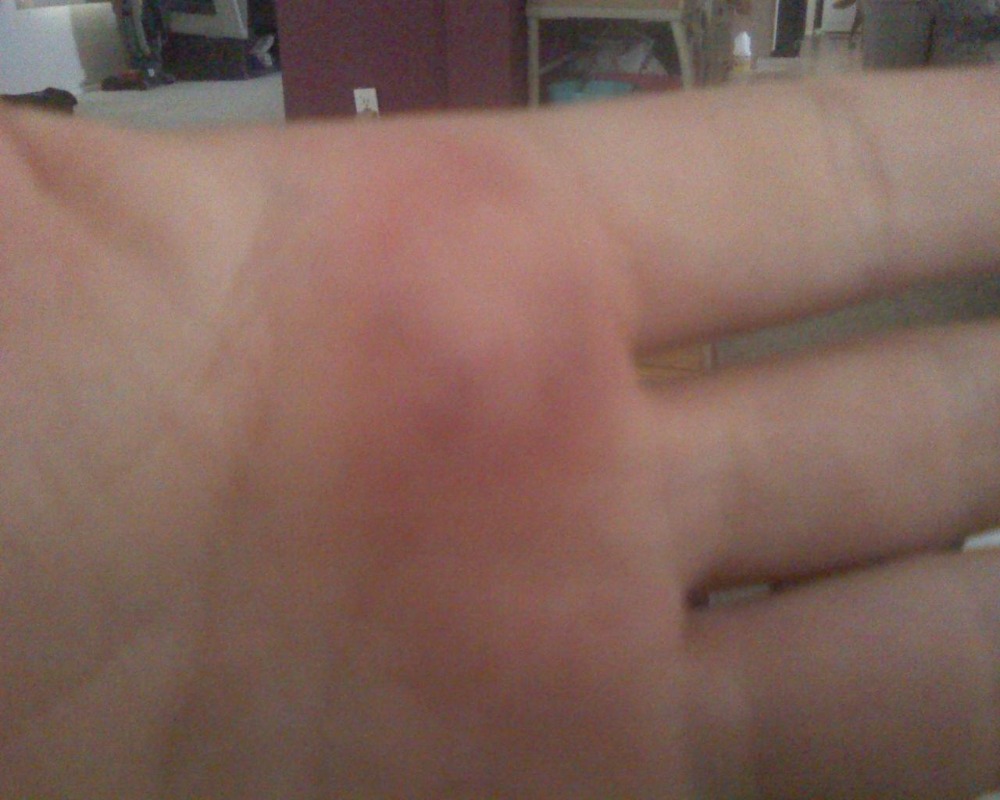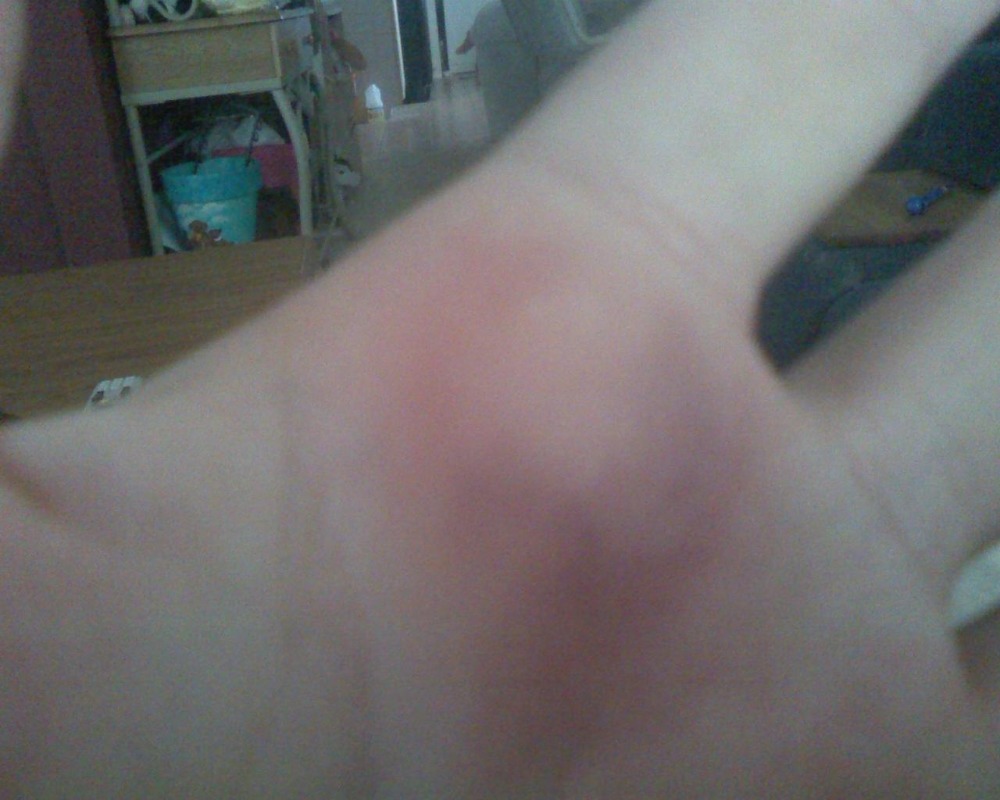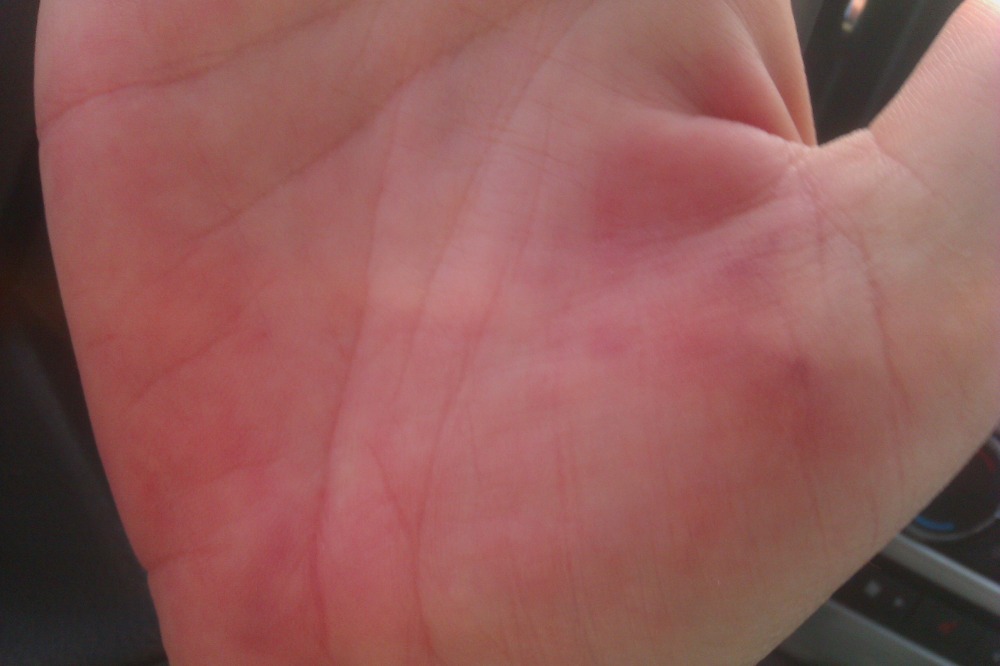
Penny Cruickshank Medical Fund
Donation protected
Behcet's Disease, also known as Behcet's syndrome, is a rare, chronic, autoinflammatory disorder of unknown origin. Its manifestations are thought to be caused by vasculitis resulting in damage to blood vessels throughout the body. The disease is named for the Turkish dermatologist, Dr. Hulusi Behcet, who in 1937, described a triad of oral ulcers, genital ulcers and ocular inflammation. Although Behcet's Disease is recognized worldwide, prevalence is highest in countries in the eastern Mediterranean, the Middle East, and East Asia, along the ancient Silk Road.
Behcet's Disease tends to develop in young adults, typically in their 20's and 30's, but patients of all ages and both sexes may be affected. The disease is most prevalent in Turkey (approximately 400 cases for every 100,000 individuals). In Middle Eastern countries, males are more commonly affected. In the United States, other Western countries, Japan and Korea, the disease occurs more frequently in women. Prevalence is increasing throughout the world because of better disease recognition, and reporting of cases.
Current research suggests viral, bacterial, genetic and environmental factors may play a role in the development of Behcet's Disease, but no specific cause has been established and no triggers have been identified. Epidemiological studies suggest there are approximately 16,000-20,000 cases of Behcet's Disease in the United States (approximately 1 case out of every 170,000 individuals). Behcet's is considered a rare disease in the United States because it affects less than 200,000 people.
Behcet's Disease is NOT contagious, therefore, it does not spread from one person to another. Symptoms vary from person to person. The most common symptoms include oral ulcers, genital ulcers, inflammation of the eye, skin lesions, and arthritis. Inflammation inside of the eye (anterior or posterior uveitis, retinitis, and iritis) may be serious and lead to loss of vision if untreated. A complete eye exams should be part of the assessment if ocular manifestations are present. Other symptoms of the disease may include blood clots, inflammation in the central nervous system, symptoms of the digestive tract, and rarely, involvement of the kidneys.
Treatment of Behcet's Disease is symptomatic. It is aimed at reducing symptoms and preventing complications. Prognosis varies based on the organ systems involved.
Diagnosed – September 2009
My symptoms: Vasculitis, left retinal vein occlusion which has caused permanent blurred vision in the left eye and now trying to attack the right eye, unable to taper off prednisone causing bone loss and osteopenia, oral ulcers on hands, feet, inside mouth and sometimes vaginal area, joint pain similar to Rheumatoid Arthritis.
Treatments that have failed:
Leflunomide
Methotrexate
Imuran
Plaquenil
Colchicine
Remicade
Humira
Simponi
Enbrel
Cimzia
Dapsone
Rituximab
Cyclosporine
Currently on: High dose of Prednisone and a chemo medication called Cytoxan
Traveling to the Mayo Clinic December 5th through December 12th on an urgency matter due to the loss of vision. The Mayo Clinic is located in Rochester, Minnesota.
I’m seeking help in raising funds for travel expenses, hotel expenses, out of pocket medical expenses.
Any money that is raised above and beyond what is needed will be donated to American Behcet’s Disease Association.
http://www.behcets.com/site/c.8oIJJRPsGcISF/b.9145457/k.8EFE/ABDA_History.htm




Behcet's Disease tends to develop in young adults, typically in their 20's and 30's, but patients of all ages and both sexes may be affected. The disease is most prevalent in Turkey (approximately 400 cases for every 100,000 individuals). In Middle Eastern countries, males are more commonly affected. In the United States, other Western countries, Japan and Korea, the disease occurs more frequently in women. Prevalence is increasing throughout the world because of better disease recognition, and reporting of cases.
Current research suggests viral, bacterial, genetic and environmental factors may play a role in the development of Behcet's Disease, but no specific cause has been established and no triggers have been identified. Epidemiological studies suggest there are approximately 16,000-20,000 cases of Behcet's Disease in the United States (approximately 1 case out of every 170,000 individuals). Behcet's is considered a rare disease in the United States because it affects less than 200,000 people.
Behcet's Disease is NOT contagious, therefore, it does not spread from one person to another. Symptoms vary from person to person. The most common symptoms include oral ulcers, genital ulcers, inflammation of the eye, skin lesions, and arthritis. Inflammation inside of the eye (anterior or posterior uveitis, retinitis, and iritis) may be serious and lead to loss of vision if untreated. A complete eye exams should be part of the assessment if ocular manifestations are present. Other symptoms of the disease may include blood clots, inflammation in the central nervous system, symptoms of the digestive tract, and rarely, involvement of the kidneys.
Treatment of Behcet's Disease is symptomatic. It is aimed at reducing symptoms and preventing complications. Prognosis varies based on the organ systems involved.
Diagnosed – September 2009
My symptoms: Vasculitis, left retinal vein occlusion which has caused permanent blurred vision in the left eye and now trying to attack the right eye, unable to taper off prednisone causing bone loss and osteopenia, oral ulcers on hands, feet, inside mouth and sometimes vaginal area, joint pain similar to Rheumatoid Arthritis.
Treatments that have failed:
Leflunomide
Methotrexate
Imuran
Plaquenil
Colchicine
Remicade
Humira
Simponi
Enbrel
Cimzia
Dapsone
Rituximab
Cyclosporine
Currently on: High dose of Prednisone and a chemo medication called Cytoxan
Traveling to the Mayo Clinic December 5th through December 12th on an urgency matter due to the loss of vision. The Mayo Clinic is located in Rochester, Minnesota.
I’m seeking help in raising funds for travel expenses, hotel expenses, out of pocket medical expenses.
Any money that is raised above and beyond what is needed will be donated to American Behcet’s Disease Association.
http://www.behcets.com/site/c.8oIJJRPsGcISF/b.9145457/k.8EFE/ABDA_History.htm




Organizer and beneficiary
Maggi Meadows
Organizer
Edgewood, NM
Penny Cruickshank
Beneficiary


